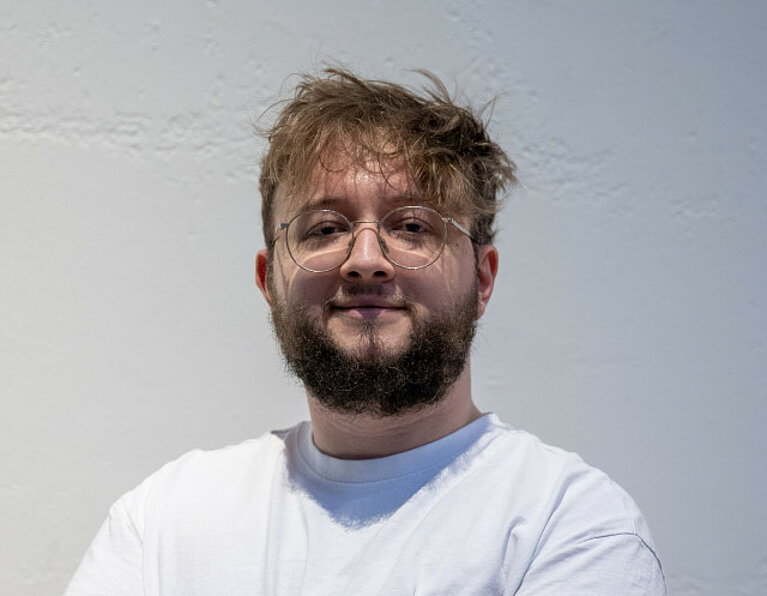September 11, 2025 - by CSCS
Could you briefly introduce yourself?
My name is Benjamin Hodo, and I recently graduated from ETH Zürich with a bachelor’s degree in electrical engineering and information technology. I chose to do a gap year to finish my civil service and to try my luck at an internship.
What fascinates you in the world of supercomputing?
I would say nearly everything. High-performance computing (HPC) is something mythical for me—to solve highly complex problems, you need highly complex machines that are ready to execute incredible amounts of actions in a certain timeframe. I remember hearing of the Euler-cluster for the first time during my studies, and my friends and I were fascinated for weeks. I am especially interested in machine learning, where a lot of computations are the name of the game. HPC is, next to edge computing, one of the two pinnacles of computation in my opinion.
How did you first hear about CSCS?
I came across it while looking for companies and/or institutes that have the capabilities to run big machine learning operations, because I was mainly interested in a machine learning internship.
Why did you want to intern at CSCS?
Because the primary function of CSCS is to progress science, it was a no-brainer for me to try to do machine learning there, for the love of it and for it being about science rather than a product.
What projects have you worked on so far during your internships at CSCS?
I’ve created and deployed a Retrieval-Augmented-Generation pipeline that is hosted on CSCS’s own Kubernetes, called Alpernetes. The pipeline is now accessible on CSCS’s Slack platform. It is called CHatterbox, and it is a company intern chatbot.
How would you describe a regular day as an intern at CSCS?
I try to make it to the office between 8:45 and 9:15 a.m., usually quite early for software engineers. Then I lay out my goals for the day, such as what I want to implement or what deployment I want to get running, and then get to work. Once a week, I meet with my mentors and discuss progress and problems that I need help with. I also cannot forget our “lunch march” where we walk through the office gathering everybody up to try to beat the mid-day queue in the mensa.
What will you take home from this experience?
I’ve learned a lot about how to create intricate machine learning pipelines, how to deploy them, and how to make them reliable. I’ve also learned how to deploy Kubernetes applications as well as how to automate them. It has been an incredible experience, and that experience is invaluable to me.
